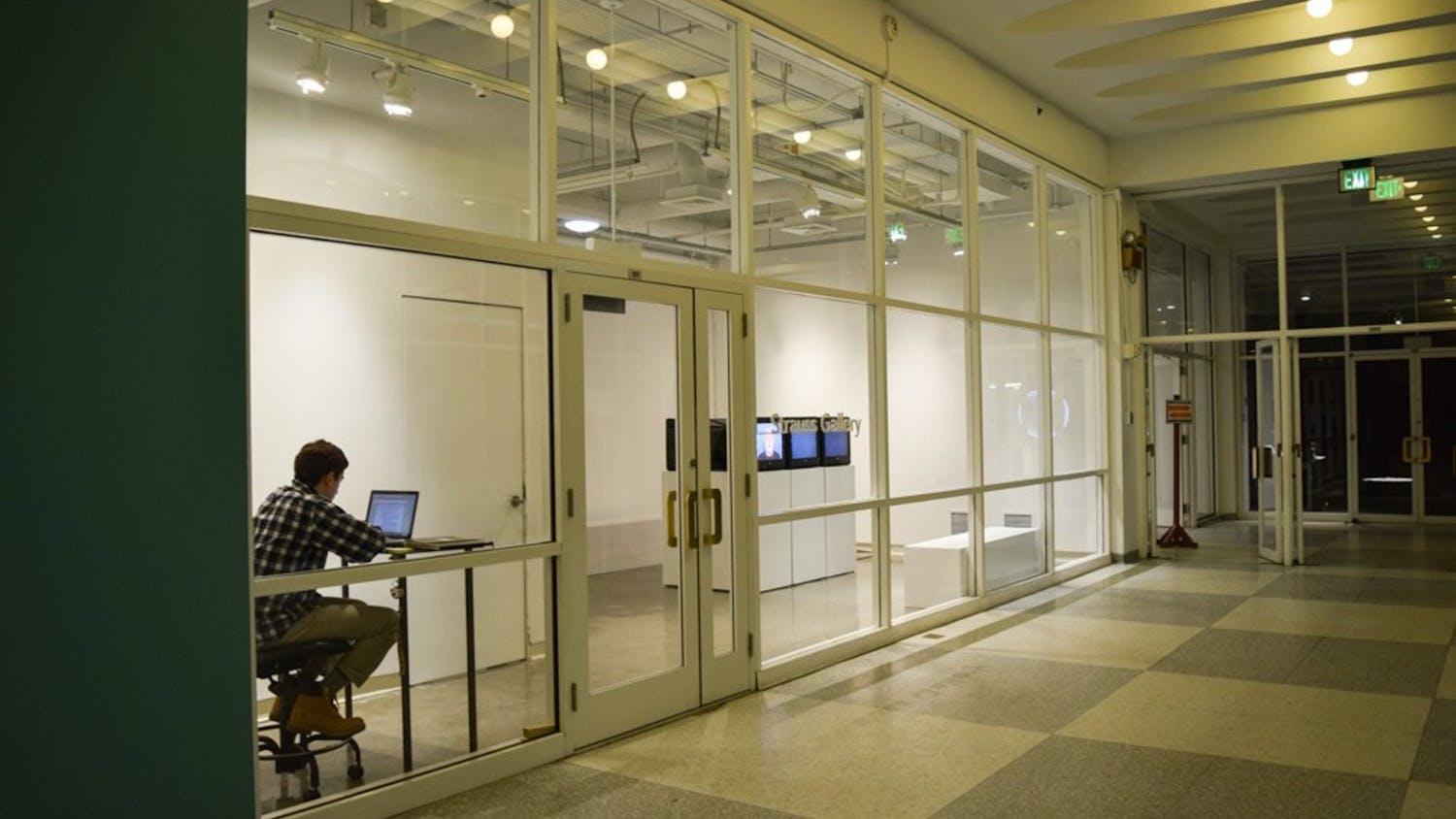Two weeks ago, Dartmouth celebrated Student Employee Appreciation Week. As a token of the College’s “appreciation,” every day from May 10th to the 14th, the bells of Baker Tower played a different song, ranging from the Alma Mater to “Somewhere Over the Rainbow.”
Is this really the best Dartmouth can do to show appreciation for student employees? Sure, the gesture is cute, but playing the bells for five minutes is a woefully inadequate way to “appreciate” student workers. From being a notetaker to leading campus tours, student employment jobs are often some of the worst-paying and most disrespected positions on campus. Instead of wasting time and resources on awkwardly melodizing student workers, the College must show that it genuinely respects its student employees by raising wages and improving working conditions across the positions they hold.
Despite Dartmouth being one of the wealthiest colleges in the world, many student employees are barely paid above the federal minimum wage, and more still can’t work sufficient hours in the same job. One example of this is the paltry $7.75 per hour that student notetakers earn. This seems like an easy enough position: Notetakers review the notes they already took in a class, then upload them to an online portal. However, students are only able to work 30-60 minutes outside of class each week, meaning that, for a student’s first term as a notetaker, they only make $7.75 per week per course. This wage is embarrassingly low — just 50 cents above New Hampshire’s (and the federal) minimum wage — and thus limits students’ earning potential and their ability to support themselves through only one job. What’s even worse, students in a myriad of on-campus jobs — like notetaking and being a tour guide — are limited in how many hours per week they can work, forcing them to take on multiple jobs to make ends meet.
By and large, this isn’t a problem at other Ivy League institutions: Save for the University of Pennsylvania, all other Ivies follow higher minimum wages than Dartmouth does. These range anywhere from $11.50 an hour at Brown University in Rhode Island to $15 an hour at Columbia University in New York City. Students at these schools are paid more for the same work as Dartmouth students and are thus better able to support themselves. This pay disparity isn’t just a problem for current student employees at Dartmouth: For prospective students who intend to work their way through college, how much they will be paid for similar jobs is just as important a consideration as the rest of their financial aid award is.
While the wage issue is one felt by many students, low-income students — who already experience a mountain of financial obstacles to their college success — face the brunt of these financial woes. Many of the 48% of Dartmouth undergraduates who receive some form of need-based financial aid get funding from work-study, a federal program that offsets financial need for eligible students. To do so, the federal government gives Dartmouth a set amount of money which the College then allocates to students based on their need; from there, students’ paychecks are subsidized if they work in hourly positions. For students in jobs with dismal pay, this means they have to work more hours — and in some cases, more jobs — to receive their full allotments, taking time away from other activities important to college students such as studying and socializing.
The plights of student employment extend far beyond their pay, yet problems such as discrimination still disproportionately affect low-income students whose intersecting identities are weaponized at work. Employees of Novack Cafe, a Dartmouth Dining Services location staffed mainly by students, have long faced derogatory comments from customers and on social media. While a similar level of disrespect towards non-student employees earned a firm rebuke from the administration early in the pandemic — including an email from April 2020 where Dean of the College Kathryn Lively admonished students for berating Dartmouth’s non-student employees — the College has been radio silent on the harassment of its student workers.
Despite the College’s past failures, it’s not too late for Dartmouth to change face and begin appreciating its student employees. First and foremost, Dartmouth must enact a student employee minimum wage, one that exceeds New Hampshire’s untenable $7.25 an hour and provides student employees with ample opportunity to provide for themselves. That said, a student employee minimum wage must not be a meager increase from the federal minimum wage; instead, it must be a living wage, one comparable to the $13.18 an hour needed for a single, childless adult to support themselves in Grafton County. Dartmouth must enact this change while also improving access to jobs that allow students to work many hours per week as opposed to barely one or two hours here and there.
The College must also recognize the contributions of its student employees in meaningful ways. As mentioned, playing the bells is cute, but I can’t imagine any student worker getting harassed at work will think back to the bells and say to themselves, “Gee, I feel appreciated right now!” Dartmouth’s administration must take these events seriously and provide a similar response to the rampant mistreatment of student employees as it has to non-student workers.
It’s no secret that student employees play a valuable role in the day-to-day operations of Dartmouth. Yet, Student Employee Appreciation Week did nothing to prove that the College understands that fundamental truth. It’s time Dartmouth address the shortcomings of student employment head-on and improve the working conditions of students on this campus, for without students to work essential on-campus jobs, the College would come to a screeching halt.



